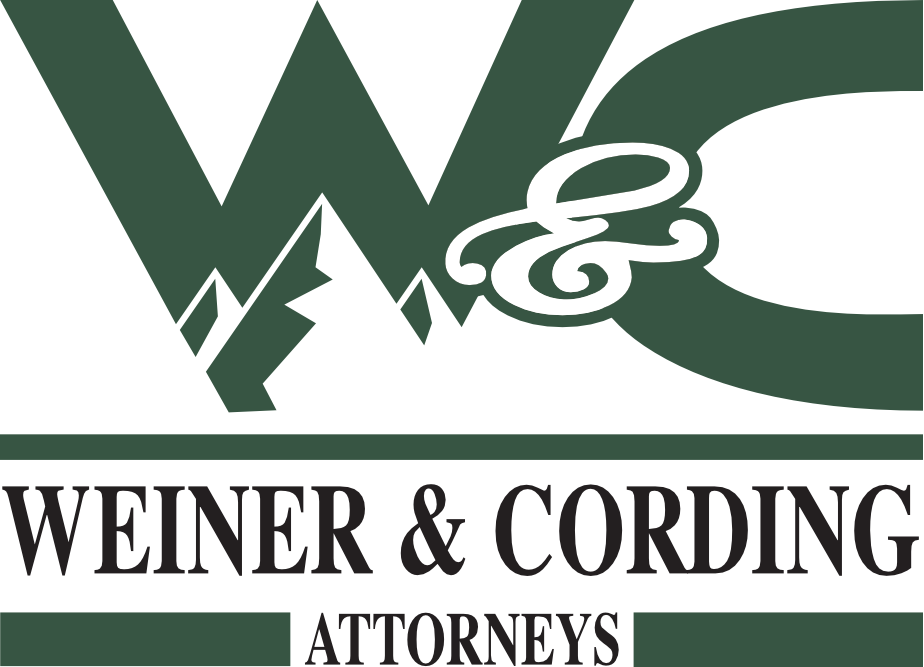It’s almost the end of the year. Has your business held its 2016 annual meeting? If you have, give yourself a quick pat on the back. However, if you are one of the many small business owners that does not hold regular meetings, please read on.
YOU SHOULD BE HOLDING ANNUAL MEETINGS
Colorado law requires all corporations to hold annual meetings, regardless of how many shareholders there are. There is no Colorado statute that requires limited liability companies (LLC’s) to hold annual meetings, but LLC’s should hold meetings and follow other company formalities for the same reasons corporations do:
- Holding regular meetings (and recording them with meeting minutes) is evidence that your business is observing formalities. This is important because it shows third parties that your business is legitimate, as opposed to a “sham” company that is not really maintained. Observing formalities, and avoiding looking sloppy or like a sham company, helps protect your limited liability. Limited liability is the reason you formed your entity in the first place, so you should protect it!
- Regular meetings cause owners to talk about important matters, such as electing leadership, buying and selling property/assets, issuing dividends, and dissolving or selling the company. This can help manage expectations and decrease misunderstandings and disputes between owners.
- Regular meetings also keep owners/shareholders informed and in the loop, especially those who generally leave the day-to-day operations to other people, such as employees.
- Regular meetings create a record of discussions and decisions. This is invaluable if a dispute does eventually arise between owners. It may also add value to your business if you ever want to sell the business or add new owners; incoming owners like to see that a business consistently follows formalities.
- Finally, keep in mind that good governance documents (this means bylaws for corporations and operating agreements for LLC’s) often include requirements for annual meetings, board/manager meetings, and special meetings. You should at least be meeting the requirements in your own documents. Think about how sloppy in looks to third parties if you cannot even follow your own chosen directives.
HOW TO HOLD ANNUAL MEETINGS
First, read your governance documents, if you have them (and you should have them!). Requirements for holding your annual meetings and other business meetings are probably in your governance documents. If you don’t have governance documents, or if they don’t include requirements for holding meetings, then you need to follow the requirements in the Colorado statutes, C.R.S. §§ 7-107-101 et seq. Here are some basics:
- Give notice of the meeting (no fewer than ten nor more than sixty days before the meeting), or notice can be waived in writing.
- The meeting can be held anywhere, including outside of Colorado. The location of the meeting needs to be in the notice. You can hold meetings by telephone or other electronic means.
- Generally, there must be a quorum present to vote on matters. If there is not a quorum at your meeting, postpone the meeting.
- Have an agenda to go over general business at the annual meeting, such as yearly marketing plans, salaries and bonuses, yearly tax matters, etc….
- Someone should be appointed secretary to take detailed minutes of the meeting. The minutes are then circulated after the meeting for comment, and once the minutes are approved, they should be filed in the “company book.”
- If you are having trouble planning or noticing your meeting, or if you are not sure how to run the meeting, talk to a small business attorney. Our firm is happy to help with all aspects of holding the annual meeting, up to and including leading the annual meeting and drafting minutes.
The law is always changing. We cannot guarantee that the information provided herein is current and accurate. Every situation is different. Do not refrain from seeking legal advice from a lawyer because of anything contained in this blog. Consult an attorney for individual legal advice regarding your own situation.
